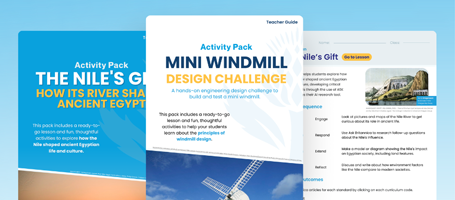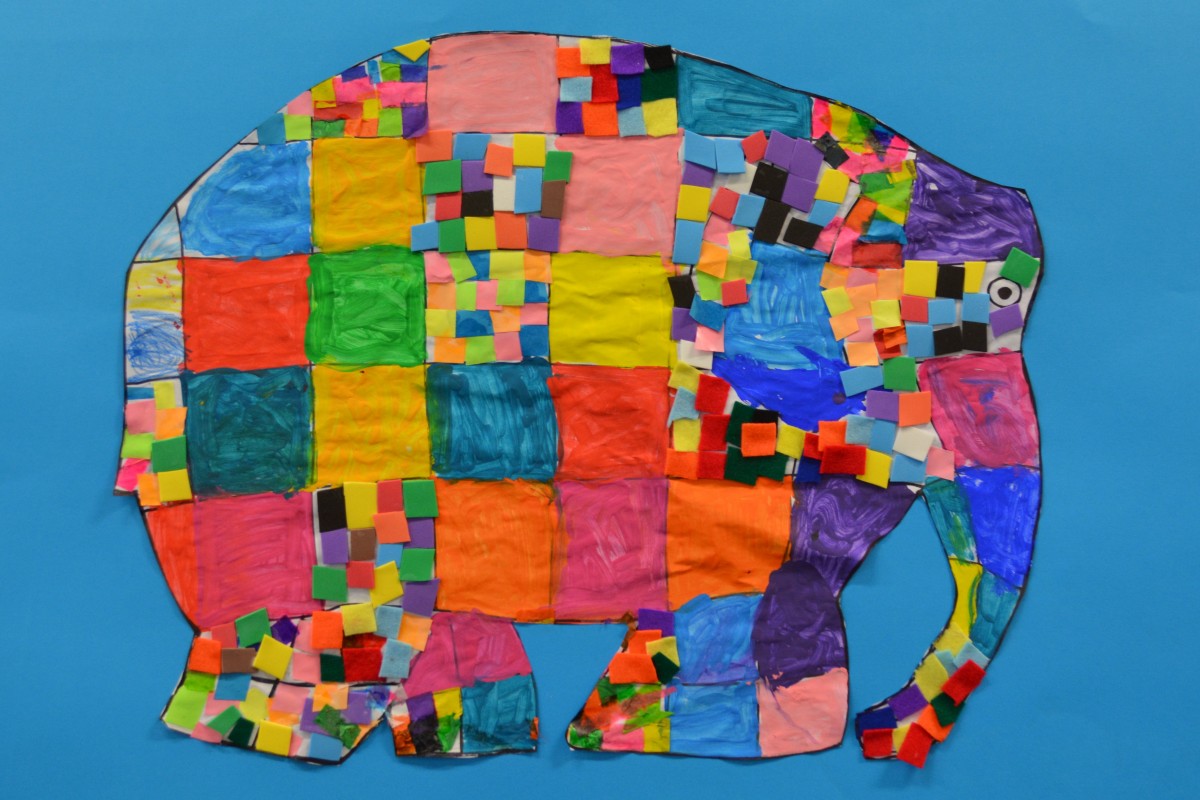Demonstrate the meaning and significance of cultural diversity through a collection of fun and accessible activities. Introduce children to amazing people, culture and stories in an interactive and educational way.
The following activities are designed for primary and middle school students using resources from Britannica School and other online sources. Contact your library staff to find out if your institution already has access to Britannica School or claim your own free trial.
Unit Title
Celebrating Cultural Diversity
Year Level
3-8
Key Learning Areas
Social Studies / Humanities and Social Sciences
Assessment
- Various work samples based on tasks completed e.g. information report, quilt piece or body biography.
- Observation of students as they research and work through the task elements.
- Observation of discussions.
Resources:
- Internet access
- Device
- Poster Paper
Introduction:
Culture is a pattern of behaviour shared by a society, or group of people. It is made up of things like food, language, clothing, tools, music, arts, customs, beliefs and religion. Every human society has its own culture. Each culture is unique.
Teaching Strategies / Learning Experiences:
The following resources and activity sets can be expanded into lesson plans, distributed as guided study resources or used to frame further group discussions. Supporting media can be displayed on an interactive whiteboard or projector to encourage collaboration in a classroom environment.
Activity: We are all Different
Play the game “Simon Says” to highlight individual and cultural diversity within the class. For example, use instructions like “Simon says stand up if you have brown hair”, “Simon says put your hand on your head if you have a pet”, “Simon says stand on one foot if your favourite sport is soccer”, “Simon says jump up and down if you speak more than one language” and so on.
Have students explore each other’s appearance, discuss why people look different to each other. Create graphs to represent the classes eye colours, skin colours, hair colours or lengths or attributes such as curly/straight.
Activity: Ramadan Moon
Share the book Ramadan Moon by Na’ima B Robert and Shirin Adl with your students.
Discuss and list global celebrations that take place today around the world. Explore one of the celebrations listed below:
Ramadan
Bastille Day in France
Independence Day in the USA
Easter
Chinese New Year
Christmas Day
Diwali
Hanukkah
Ask students to create an information report about one of the festivals from the list above. Students may choose to present their report in any format, such as a video documentary, written report, speech, poster etc.
The report should include information that address the following:
- What are the origins of the festival and what does it celebrate?
- When does the festival take place?
- Special symbols, clothing or colours etc. associated with the festival
- Special customs and traditions
Activity: Cultural Values and Attitudes
Share the book Ramadan Moon by Na’ima B Robert and Shirin Adl with your students.
As I look out on the night sky, my smile is bittersweet.
Discuss the ways in which the sentence above expresses how the narrator/author is feeling. Identify the words that show the author’s emotions.
Explore each of the other pages and create a list of words and illustrations that identify the author’s feelings on each page.
Use Britannica LaunchPacks’ Body Biography worksheet to determine the author’s intent in this story, explore the authors, values, feelings and thoughts.
- What are your inner values and beliefs?
- Who is important to you?
- What events are important to you?
- Describe externally known aspects of your identity such as age, language, heritage.
The above questions could also be answered using the Body Biography worksheet.
Activity: Multiculturalism
Discuss the term “multiculturalism” with your students and create a class definition.
To illustrate the cultural diversity present in the class, have students design and create quilt square to represent themselves and their culture. Join the squares together, stitched or taped depending on the material used. The quilt becomes a representation of the classroom community and the personal story of each individual student. It is an opportunity for students to see themselves as a community despite being culturally diverse.
More Educator Resources
Sign up with your email for more free resources from Britannica.
Get full access to Britannica School any time, on any device with a school-wide subscription. Request a quick tour of the resource or get started free.

